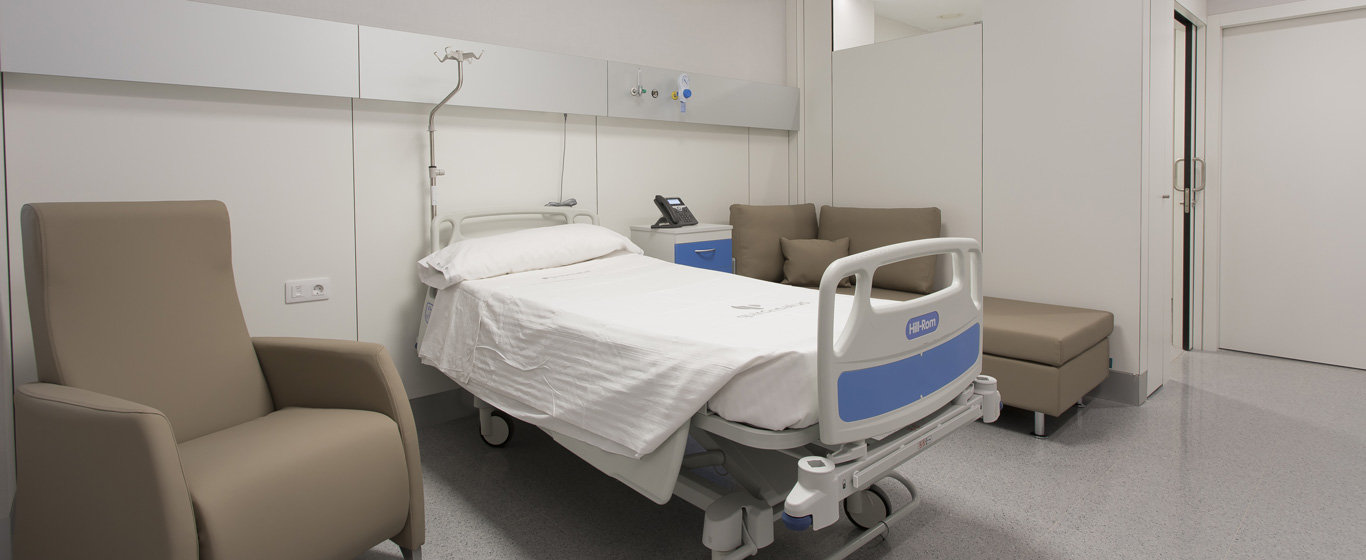Crohn's Disease
What is Crohn's disease? All the information on its causes, symptoms, treatments, and recommended diet when living with it.
Symptoms and Causes
Crohn's disease is a chronic autoimmune condition that causes inflammation of the walls of the digestive tract. Although it can occur anywhere in the digestive system, it is most common in the final part of the small intestine (ileum).
This disease occurs in flare-ups, with symptom-free periods alternating with times of pain, diarrhea, and weakness. These and other symptoms negatively impact the patient's quality of life, and when serious complications arise, it can put their life at risk.
Although there is currently no definitive cure for Crohn's disease, different treatments have been developed to control symptoms and reduce inflammation in the intestine for long periods.
Symptoms
The symptoms of Crohn's disease vary depending on the affected area and the degree of inflammation present. The most common symptoms are:
- Diarrhea
- Abdominal cramps and pain
- Weight loss
- Blood in stool
- Fever
- Fistulas
In more severe cases, the following may also occur:
- Swelling in the joints
- Anemia
- Intestinal obstruction
- Mouth ulcers
Causes
The causes of Crohn's disease are unknown. However, studies indicate that both genetic predisposition and an immune system malfunction, which reacts inadequately to certain foods and bacteria, play a role.
Although stress and diet do not trigger the disease as previously suspected, they can aggravate it.
Risk factors
Anyone can develop Crohn's disease, although the following factors increase the risk:
- Family history of the disease
- Smoking
- Having suffered recurrent intestinal infections, especially in childhood
Complications
Crohn's disease can lead to complications of varying severity, including:
- Malnutrition: the intestine fails to absorb nutrients properly
- Intestinal obstruction: due to inflammation, the intestine narrows, making it difficult for food to pass
- Skin and anal fistulas
- Abscesses
- Anal fissures
- Colon cancer: there is an increased risk of colon cancer in patients with Crohn's disease affecting the colon
- Gallstones or kidney stones
- Uveitis: inflammation of the uvea, the vascular layer of the eye
- Episcleritis: inflammation of the sclera, the white membrane that covers the eye
Prevention
Crohn's disease cannot be prevented. However, maintaining a balanced diet helps protect the health of the digestive system.
It is recommended that people with this condition undergo regular check-ups to avoid complications. Colonoscopy is essential from ten years after diagnosis to prevent colon cancer.
Which doctor treats Crohn's disease?
Specialists in the digestive system diagnose and treat Crohn's disease. They are supported by radiologists and surgeons, and the role of nursing staff specialized in the follow-up of inflammatory bowel disease is noteworthy. Other specialties that can contribute valuable insights include Endocrinology and Nutrition, Psychiatry and Psychology, Dermatology, and Rheumatology.
Diagnosis
When Crohn's disease is suspected after reviewing the patient's medical history and reported symptoms, specialists will request additional tests to confirm the diagnosis. Some of the most revealing tests include:
- Blood tests: show changes such as increased red blood cells, platelets, or sedimentation rate
- Stool test: reveals the presence of blood or infectious agents
- CT scan, MRI, or ultrasound: to examine the digestive system and detect inflammation or fistulas
- Colonoscopy: allows direct visualization of the inside of the colon and sample collection. It is also done to rule out other conditions with similar symptoms, such as colon cancer.
Treatment
When a flare-up of Crohn's disease occurs, treatments are used to relieve symptoms. The most effective treatments include:
- A specific diet high in calories and proteins, with plenty of water, low in fiber and sugar, and lactose-free. It is recommended to have four to six small meals a day and keep a food journal to easily detect foods that are not well tolerated. Artificial nutrition may be necessary.
- Medications: aminosalicylates (5-ASA), corticosteroids, antibiotics, immunosuppressants, and biological therapy with monoclonal antibodies.
- Surgery: surgery is necessary when obstructions, fistulas, or abscesses occur. The diseased portion of the intestine may be removed or stenoses may be corrected. This provides a quick resolution to a serious situation, but close follow-up is required since the disease may return in other parts of the intestine.


































































































